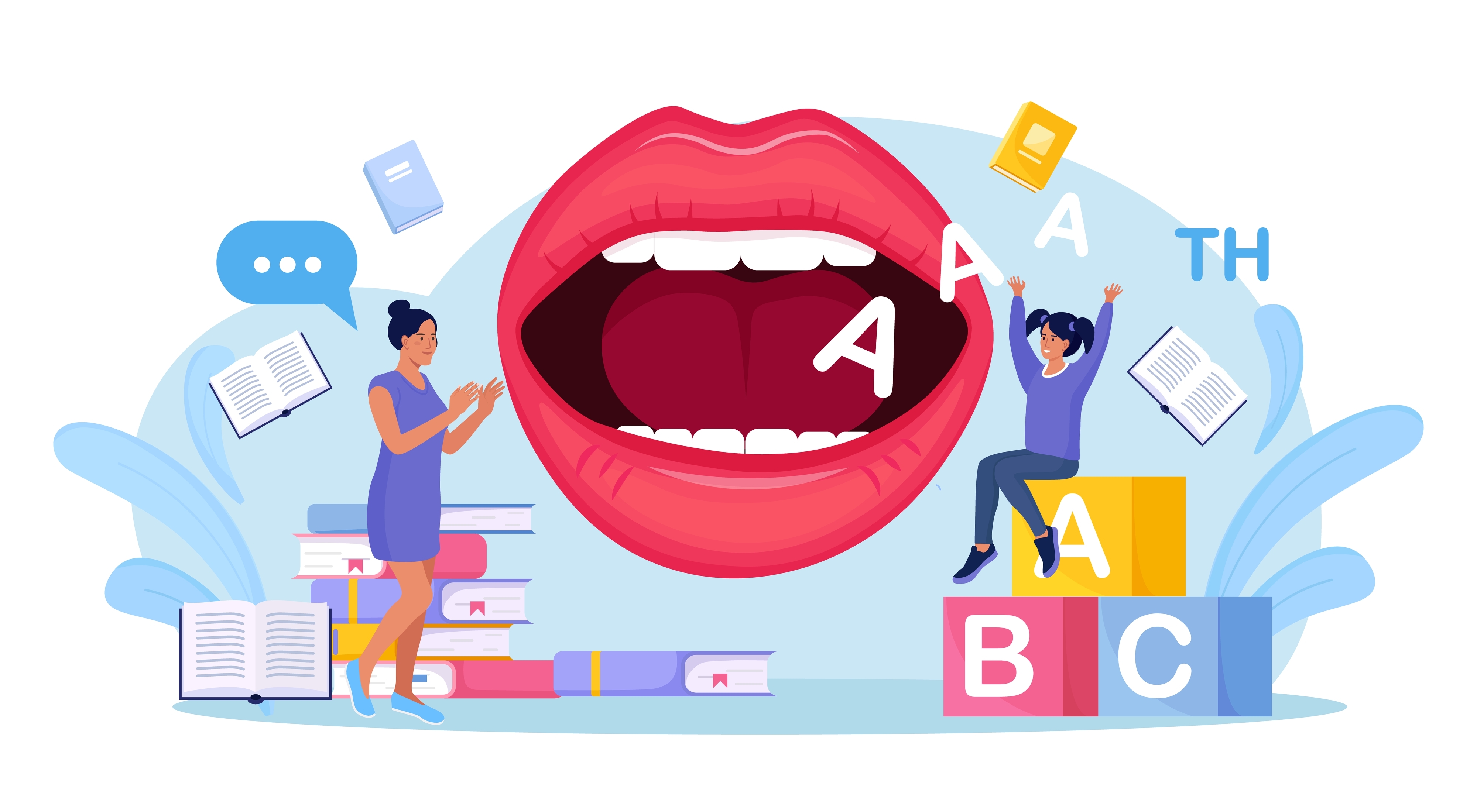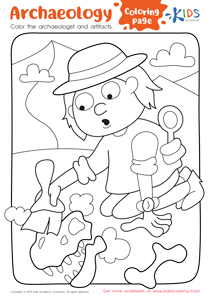Normal Alphabet worksheets activities for Ages 4-6
6 filtered results
-
From - To


Rhyming Words: Assessment Worksheet


Let's Check Long Vowels: Assessment Worksheet


Vowel and Consonant Sounds: Assessment Worksheet


Long and Short Vowel Sentences: Assessment Worksheet


Phonological Awareness: Assessment 1 Worksheet


Phonics and Word Recognition: Assessment 1 ELA Worksheet
Normal Alphabet worksheets activities are an essential tool in the foundational stage of literacy development among young learners. These activities are not just about familiarizing students with the letters of the alphabet; they are a comprehensive approach to understanding the building blocks of language. Engaging in normal Alphabet worksheets activities allows children to explore each letter in detail, from its shape and sound to its place within words.
One of the primary benefits of these activities is the promotion of fine motor skills. As children trace and write letters, they develop hand-eye coordination and pencil control, which are crucial for their writing journey. Moreover, normal Alphabet worksheets activities introduce children to the concept of phonics early on. By associating letters with sounds, children start to decode words, paving the way for reading fluency and comprehension.
Furthermore, these activities offer a structured yet flexible learning environment. Children can proceed at their own pace, making it an inclusive tool that caters to the individual learning speed of each student. This personal approach helps build confidence and fosters a love for learning, as students feel accomplished with each worksheet they complete.
Normal Alphabet worksheets activities also encourage cognitive development beyond just letter recognition. They involve memory, concentration, and analytical skills as children learn to differentiate between letters and eventually between words. Such skills are not only beneficial for literacy but also for other areas of learning.
In conclusion, Normal Alphabet worksheets activities are indispensable in early childhood education. They lay a strong foundation for literacy, promote essential developmental skills, and inspire a positive learning attitude. By integrating these activities into the learning routine, educators and parents can ensure that children are equipped with the tools they need to succeed in their academic journey and beyond.
 Assign to the classroom
Assign to the classroom












